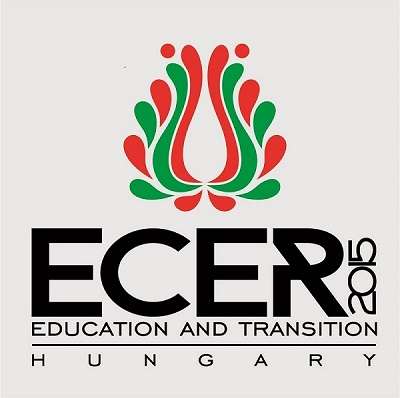What Does it Mean to Live Together in a Culturally Diverse Europe?: Exploring the Role of Education and Educational Research
Wednesday, 9 September, 15:30 - 17:00
Location: 395. [Main]
Speakers: Mustafa Yunus Eryaman; Ingrid Gogolin; Sharon Todd; Michael Apple
Chair: Marit Honerød Hoveid
With the beginning of the Post-Cold War Era, Europe undertook a new process of European integration that was a concern with the construction of a European identity and citizenship. Throughout the last 25 years, the European Union has identified itself as a multicultural society sharing a set of universal values including the ideals of democracy, tolerance, freedom of speech and expression, and human rights. These values have become the core identity symbols of the EU, and the debate on the construction of a European identity and citizenship in a multicultural union has taken shape as a legitimizing discourse of the European democracies.
However, after 9/11 and with the impact of the global economic and financial crises, voters and politicians in many European countries have begun to move away from the more liberal and inclusive multicultural policies by pronouncing the “end of multiculturalism,” and bringing back anti-immigrant regulations and border checks in response to the inflow of refugees from Central Asia, North Africa and the Middle East. With the beginning of the post 9/11 era, the rise of anti-immigrant parties across Europe perpetuated a growing concern that multiculturalism has “failed utterly." This ideological tendency spells big trouble ahead for the European multiculturalism. In this multiculturalism debate, ‘Orient’ and/or ‘Islam’ began to play a significant role. Especially after the unfortunate Charlie Hebdo terrorist attack, the European struggle with the Migration, Islam and Integration has become an ideological battlefield in Europe and other parts of the world.
The main purposes of this symposium are to explore the roles and responsivities of educators and educational researchers in identifying, interpreting, understanding of the issues of immigration, integration, cultural identity, racism, religious diversity, intercultural dialogue, freedom of speech, cultural tolerance and linguistic diversity, and to discuss the possibilities of developing educational methodologies, programs, strategies and policies to deal with these issues in an increasingly diverse Europe.
ECER 2015

